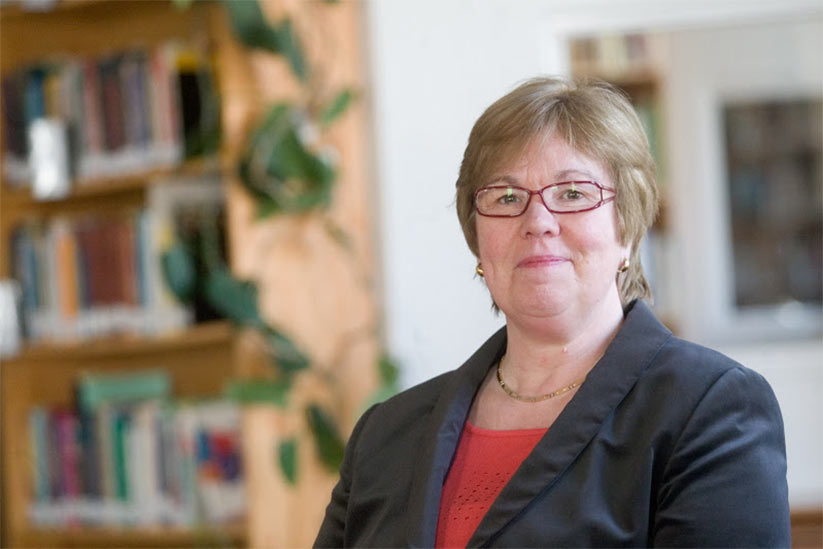Anne-Marie Kool
Since September 2015 Dr. Anne-Marie Kool is working as Professor of Missiology at the Evangelical Theological Seminary (ETS) in Osijek, Croatia, a theological school established in 1972, with a longstanding legacy in the Central and Eastern European region.
Her work of teaching, supervising, mentoring, publishing and networking is closely linked to the Osijek Institute for Mission Studies (OSIMS), established by ETS in 2015. Under responsibility of ETS, her task is to strengthen missiological education and research in Central and Eastern Europe, in cooperation with other regional networks like the Central and Eastern European Association for Mission Studies (CEEAMS) and theological schools like the Baptist Theological Academy in Budapest.
